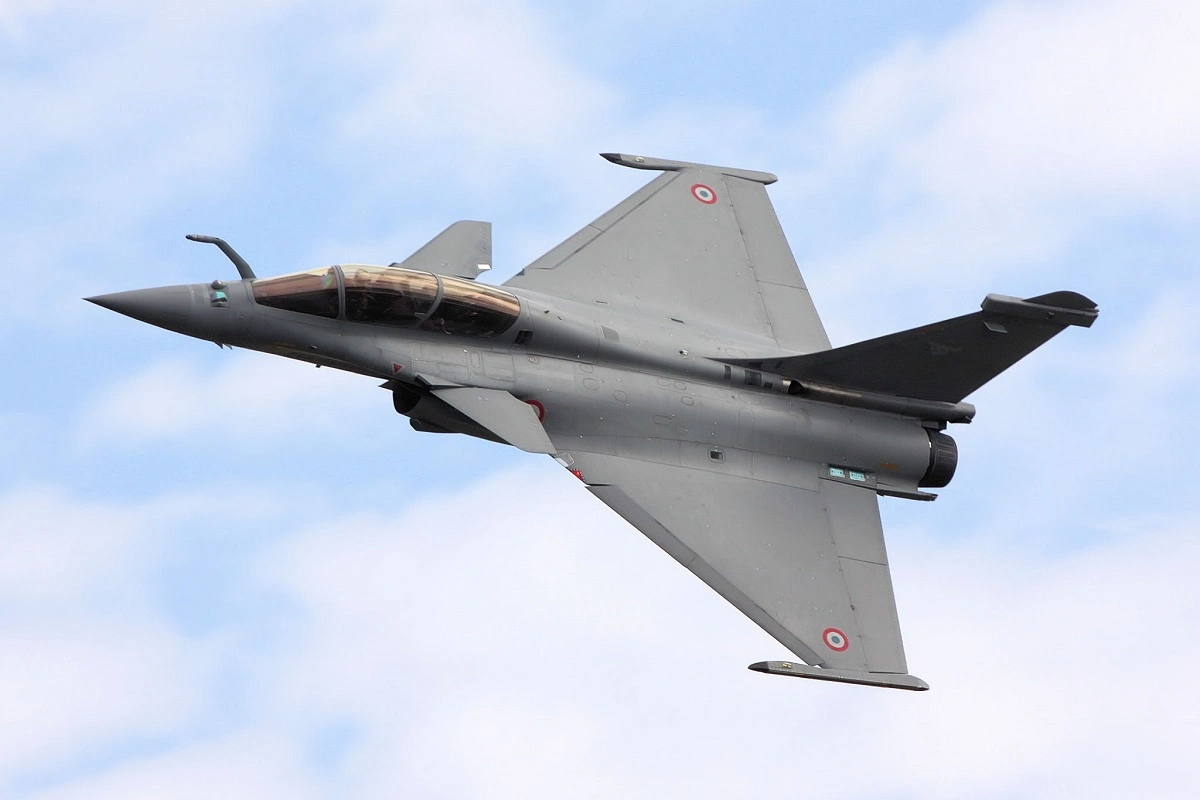In the wake of recent aerial tensions between India and Pakistan, speculation surged after Pakistan claimed it had shot down multiple Indian fighter jets, including three Rafale aircraft. The claim made headlines across the subcontinent, fueling debates on air superiority, defense capabilities, and military transparency.
However, Dassault Aviation CEO Eric Trappier has issued a firm and straightforward response: the claim is “factually incorrect.” His statement puts to rest growing rumors surrounding the potential loss of one of India’s most advanced fighter jets.
The Incident: Aerial Clash Over Border
On May 7, 2025, Indian Air Force jets launched a series of precision air strikes targeting terrorist hideouts in Pakistan-occupied Kashmir and across the international border. The mission was seen as a retaliation for recent militant activities and was hailed as a bold move by India.
In response, Pakistan claimed it had not only intercepted but successfully shot down five Indian aircraft, including:
- Three Rafale jets
- One MiG-29
- One Su-30MKI
This announcement immediately sparked intense scrutiny and analysis across global defense communities.
India’s Silence, Speculation Grows
Interestingly, India has not officially confirmed or denied the loss of any aircraft during this operation. This silence has led to:
- Growing speculation among defense analysts and the public.
- Satellite imagery and on-ground visuals showing wreckage resembling Indian Air Force jets near the border area.
- Independent observers suggesting at least two aircraft — likely a Rafale and a Mirage 2000 — may have gone down, though the exact cause remains unclear.
It’s important to note that crash due to technical failure or terrain issues is also a possibility, and not every downed aircraft is necessarily the result of enemy action.
Dassault’s Strong Rebuttal
In a recent press interaction, Eric Trappier, the CEO of Dassault Aviation (the French manufacturer of Rafale), responded bluntly to Pakistan’s assertions. He stated that the reports of Rafale losses were “factually incorrect” and dismissed the claims outright.
This statement holds significance because:
- It defends the reputation of the Rafale jet, which has been marketed as one of the most advanced 4.5-generation fighters in the world.
- It reassures the Indian defense community and public about the jet’s performance.
- It reflects Dassault’s continued support for India as a strategic partner.
The Bigger Picture: Disinformation and Strategy
Military experts argue that in modern warfare, information warfare is just as important as combat tactics. Claims and counterclaims serve strategic purposes:
- Pakistan aims to project strength and control the narrative.
- India, by remaining silent, may be aiming to avoid escalation and maintain operational secrecy.
- Dassault, as a defense contractor, is focused on protecting its brand credibility and maintaining the trust of its buyers.
Even if aircraft were lost, the lack of confirmation allows for operational flexibility and damage control.
Conclusion: Truth Lies in the Shadows
So, did India really lose Rafales? As of now:
- Pakistan claims they did.
- Visual evidence hints at at least two aircraft losses.
- India remains silent.
- Dassault calls the Pakistani claim false.
The full truth may remain classified for national security reasons. What is clear, however, is that the Rafale remains a cornerstone of India’s air dominance strategy—and any proven loss would be taken seriously by all stakeholders.
This incident also underlines the high stakes and high tension involved in modern aerial combat, especially between two nuclear-armed neighbors.
Stay tuned for more verified updates as the story continues to unfold.

